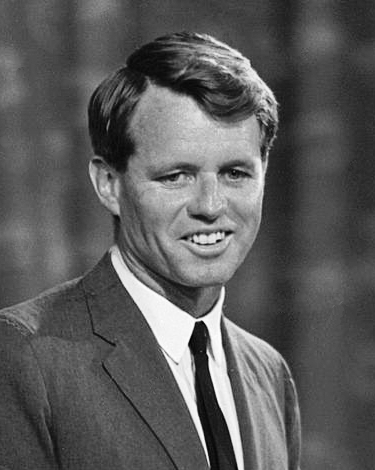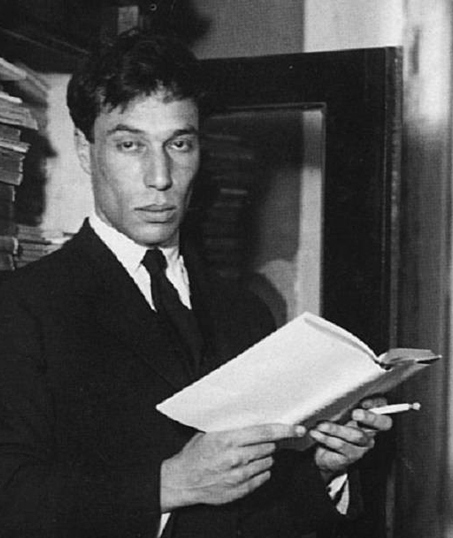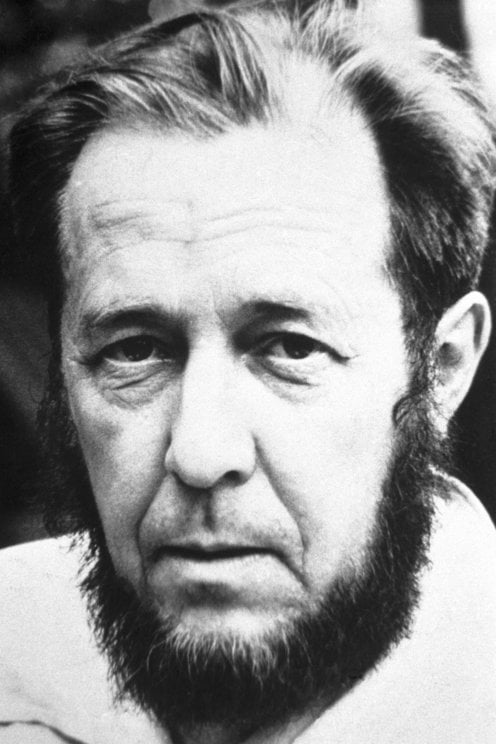Carlo Tresca (March 9, 1879-September 14, 1951), the Italian-American newspaper editor, orator, labor organizer and a leader of the Industrial Workers of the World during the 1910s. Tresca was a staunch opponent of Benito Mussolini and Italian Fascism, Joseph Stalin and Stalinist Communism, and infiltration of the mafia into the trade union movement. After the entry of Italy and the Roman Alliance on the side of the Allies in World War II, Tresca still opposed Mussolini, as was as Stalin, stating in his anti-fascist newspaper
Il Martello that "Both men are ruthless tyrants, even if they try to wash their hands of blood by being on the right side of the war." While Tresca praised Mussolini for his saving of many European Jews, he still stated that "He only does such things to cynically hide his misdeeds." Along with Slovenian-American author Louis Adamic, he helped spread awareness about the Italian Rape of Ljubljana, including in
Il Martello. In mid-1944, while under police surveillance, the FBI threatened to deport Tresca back to Italy if he continued to speak out and write against America's allies of Italy and the Soviet Union, on the condition he would be allowed to resume doing so after the war came to an end. As a result, Tresca reluctantly stopped speaking out and writing against the Italian and Soviet regimes and temporarily stopped publication of
Il Martello.
After the end of the war in 1945, Tresca began re-publishing
Il Martello and continued to criticize Fascist Italy and the Soviet Union. In a 1948 issue of
Il Martello, Tresca harshly repudiated Stalin for the nuking of Warsaw, stating that "Joseph Stalin is a madman and an archenemy of mankind no different from Adolf Hitler." Tresca was initially a supporter of President Wallace, but he began to turn against him somewhat when his friendliness towards the Soviet Union became apparent, and he wrote numerous articles critical of Wallace in
Il Martello. Nevertheless, he supported Wallace against accusations that he was a Soviet spy or that members of his administration were Soviet agents, the latter claim which would eventually be proven false much to the dismay of Tresca. In 1949 and 1950, Tresca wrote many articles condemning the Italian government for their support of Revisionist Zionism and their giving assistance to Israel with the expulsion of Arabs from Palestine and Jordan. In one article he stated "The Italian fascists are only assisting the Jewish people for their own selfish ends, and the Israeli nation has fell under their sinister influence as shown through their actions against the Arab people." Tresca also claimed that the Isreali government has little more than a "Fascist dictatorship pretending to be a democracy" and the Isreali government was "acting no better than those who persecuted them for centuries." This led to claims from many Jewish groups in New York City than Tresca was an anti-Semite, a claim he fervently denied. Still, many Jewish groups boycotting his newspaper. When Mussolini visited the United States in 1949, Tresca led numerous protests against the dictator, whom of which turned violent between anti-fascist Americans of all ethnicities, including Italian, Irish, WASP, Jewish, German, Greek, Polish, Spanish, Portuguese, Serbian, African-American, Puerto Rican, Albanian, among others, and Italian-American supporters of Mussolini and members of the Mafia. With the fall of Wallace, leftist politics in America suffered a heavy setback, and despite his criticism of Wallace, Tresca's denial of Soviet agents in the White House even after the firing of J. Edgar Hoover would prove to be his downfall, and him and his newspaper was largely discredited amongst Left-wing Americans and Italian-Americas. As a result the newspaper shut down in January, 1950.
On the night of September 14, 1951, the 72 year-old Tresca was found dead in his apartment in New York City from an apparent suicide, with his body in pajamas on the floor with a noose around his neck and a number of bruises. The death was ruled a suicide, but some believed that his death was a homicide. To this day, his death remains a mystery, but many people believe that if he was murdered his murder was committed by the Mafia, most likely the Bonanno crime family, which previously tried to unsuccessfully assassinate him in 1943. Some have even suggested that the hypothetical murder was done by the Mafia in collaboration with agents of the Italian OVRA, but this has also never been proven.







